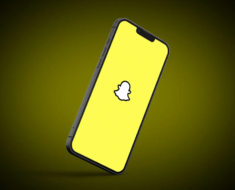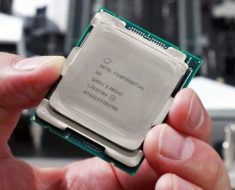
New tech trends are shaping the healthcare industry, paving the way for innovative services and business opportunities. It’s only been a couple of years since the major transition from paper records to digital patient data. Still, the changing of this information has already had a substantial impact on how doctors provide care. This article discusses new tech trends shaping the healthcare sector.
1. Advances in genomics
Genomics describes the study of genes and genomes and is considered one of the most important branches of molecular biology. Genomics applications have become essential to understanding diseases, treatments, and prevention. The new tech is driving research in genetic testing and making it faster, easier, and less expensive to find genetic causes for many diseases.
2. Wireless medical devices
Wireless medical devices, also known as connected medical devices, are widely used in healthcare. Nowadays, more and more people are widely using different types of wireless medical devices such as insulin pumps, pacemakers, and critical care monitors. Advances in technology have made it possible to implant a variety of vital monitoring equipment directly into the patient’s body with little or no invasive surgery.
3. Telehealth
Telehealth refers to the use of telecommunications to provide healthcare services, such as teleradiology, telemedicine, and telemonitoring. The entertainment industry is responsible for creating a favorable environment for developing and applying new tech in the healthcare sector. In addition, telehealth is also regarded as one of the most effective solutions to bring remote patients together with medical specialists in hospitals.
4. 3D printing
3D printing is used to manufacture many medical devices, implants, prosthetics, and tools in modern medicine. The use of 3D printers in medicine is promoted by the rapid speed at which they create intricate structures that would be difficult to replicate with traditional methods. Moreover, 3D printing has also been found to improve the efficiency of surgeries by reducing the number of steps required during an operation and improving the precision of an implant.
5. Telecare
Telecare refers to applying new tech to the healthcare sector, including telemedicine, telemonitoring, and teleconsultation. The term “telecare” has been coined to describe the use of telecommunications and informatics in the healthcare industry. In addition, the term describes a holistic approach to providing care while considering the patient’s physical, emotional and mental needs. One of the most prominent examples is remote patient monitoring (RPM), which allows patients with chronic conditions to receive their medication automatically.
6. The Internet of Things (IoT)
The Internet of Things refers to the use of the Internet and other emerging technologies to create objects embedded with electronics, sensors, and connectivity. These objects can include products like wearable devices, cars, home appliances, or healthcare systems. The IoT is a revolutionary concept that will have an increasing impact on the modern healthcare sector. For instance, it will allow medical specialists to remotely monitor a patient’s condition and alert them when they’re in danger.
Dil Bole Oberoi





